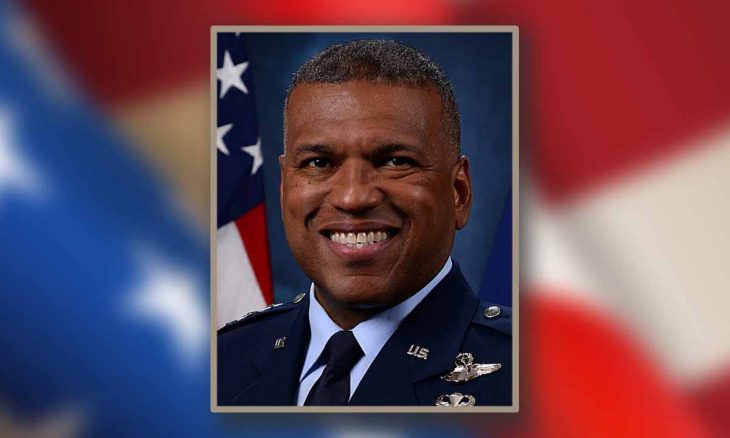Lieutenant General Richard M. Clark
Superintendent, U.S. Air Force Academy
Richard Milo Clark was born in July 1964 in Frankfurt, Germany. He played football at William & Mary University, then transferred to the U.S. Air Force Academy where he earned a B.S. in Management. He has earned several master’s degrees, including those from Webster University, Air University, and the Naval War College.
Clark is a command pilot with more than 4,200 combined hours in various aircraft. He has 400 hours of flight combat, having engaged in the Gulf War, the War in Afghanistan, and the Iraq War.
He served two years as the Commandant of Cadets at the U.S. Air Force Academy before assuming command of the Third Air Force at Ramstein Air Base, Germany. Returning to the States, he was Deputy Air Force Chief of Staff for Strategic deterrence and Nuclear Integration at the Pentagon.
President Donald Trump nominated Clark to be the Superintendent of the United States Air Force Academy. On confirmation by the Senate, he began those duties in September of 2020.
He is married to Amy Purcell Clark, and they have two children.
In the News…
Lieutenant General Richard Clark, Superintendent of the U.S. Air Force Academy, confirmed that he has concerns that the striking down of race-based admissions to the academy is unconstitutional. Though the Supreme Court’s decision did not directly apply to military schools, he said that its ruling against affirmative action could have unintended consequences for service academies and their abilities to judge candidates on the basis of race.
“If we lose our limited window to reshape the racial diversity of each incoming class, it would affect our ability to meet the warfighting imperative of fielding a diverse, inclusive force,” Lt. General Clark wrote.
“If [the U.S. Air Force Academy] were to voluntarily comply with the Supreme Court decision, our ability to shape a diverse class would become more limited,” he wrote. “Not being able to consider race in a holistic review would further hinder DAF diversity, more so than civilian universities.”









